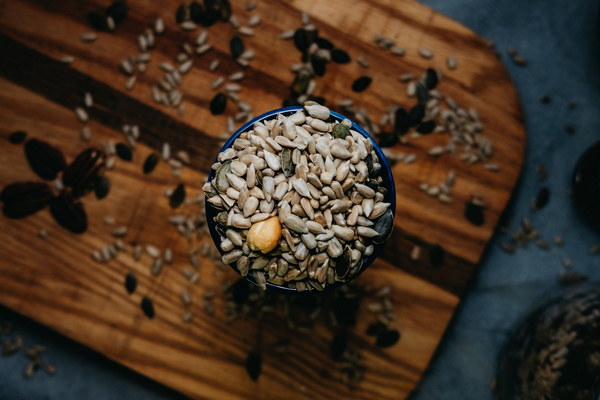The Ultimate Guide to Self-Care for Women During Their Menstrual Cycle
Introduction:
The menstrual cycle is a natural and essential part of a woman's life, yet it can also be a challenging time. During this period, women experience a range of physical and emotional symptoms that can impact their daily lives. To ensure a comfortable and healthy menstrual cycle, it is crucial to practice self-care. This article provides a comprehensive guide to help women take care of their bodies during their menstrual cycle.
1. Understanding the Menstrual Cycle:
Before diving into self-care tips, it is important to have a basic understanding of the menstrual cycle. The cycle typically lasts about 28 days and is divided into several phases: the menstrual phase, the follicular phase, the ovulatory phase, and the luteal phase. Each phase has its unique characteristics and requires different self-care practices.
2. Prioritize Rest and Relaxation:
During the menstrual cycle, women often experience fatigue and mood swings. To combat these symptoms, it is essential to prioritize rest and relaxation. Aim for at least 7-8 hours of sleep per night and engage in calming activities such as yoga, meditation, or reading. Additionally, taking a warm bath or using a heating pad can alleviate cramps and reduce discomfort.
3. Maintain a Balanced Diet:
A well-balanced diet can significantly impact your menstrual cycle. Focus on consuming a variety of fruits, vegetables, whole grains, lean proteins, and healthy fats. Incorporate magnesium-rich foods such as almonds, leafy greens, and avocado to alleviate cramps and reduce bloating. Stay hydrated by drinking plenty of water and limit caffeine and alcohol consumption, as they can exacerbate menstrual symptoms.
4. Exercise Regularly:
Exercise is an effective way to alleviate menstrual symptoms and improve overall well-being. Engage in activities such as walking, cycling, swimming, or yoga to boost endorphins, reduce stress, and alleviate cramps. However, avoid intense exercise during heavy bleeding, as it can worsen symptoms. Listen to your body and modify your exercise routine as needed.
5. Manage Menstrual Cramps:
Menstrual cramps can be a significant source of discomfort. To manage cramps, consider the following tips:
- Apply a heating pad or warm compress to your lower abdomen to soothe muscle tension.
- Try over-the-counter pain relievers such as ibuprofen or acetaminophen.
- Practice relaxation techniques such as deep breathing or progressive muscle relaxation.
- Incorporate gentle stretches and exercises to relieve tension in the pelvic area.
6. Manage Emotional Symptoms:

The menstrual cycle can also affect a woman's emotions, leading to mood swings, irritability, and anxiety. To manage these symptoms, consider the following strategies:
- Engage in activities that bring joy and relaxation, such as hobbies, spending time with loved ones, or watching a favorite movie.
- Practice mindfulness and meditation to stay grounded and reduce stress.
- Seek support from friends, family, or a mental health professional if needed.
7. Stay Hygienic:
During your menstrual cycle, maintaining good hygiene is crucial. Change your sanitary products regularly to avoid infection and discomfort. Choose the right type of menstrual product for your needs, whether it be tampons, pads, or menstrual cups. Additionally, consider using a panty liner or panty protector to prevent leakage and protect your clothing.
Conclusion:
Taking care of your body during your menstrual cycle is essential for maintaining overall health and well-being. By understanding your cycle, prioritizing rest, maintaining a balanced diet, exercising regularly, managing cramps and emotional symptoms, and staying hygienic, you can ensure a more comfortable and healthy menstrual experience. Remember, self-care is not selfish; it is a crucial part of taking care of yourself and living your best life.









